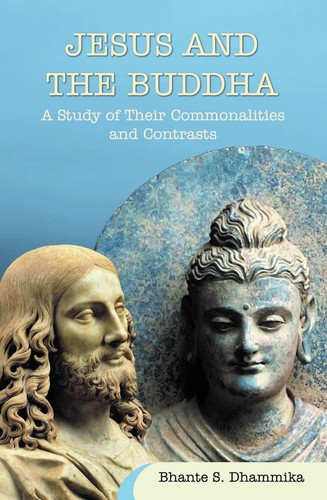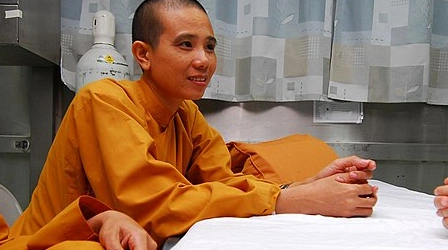Interfaith Dialogue
Subscribe to this topic via: RSS
How Buddhists engage in discussion and debate with other religions.
Caution! Under Construction
Please be aware that this tag is still under construction and as such is missing information and may be changed or removed at any time. Please pardon our dust as you peruse this incomplete bibliography.
Table of Contents
Books (10)
Featured:
See also:
Canonical Works (14)
Featured:
-
Potthapada—having other views, other practices, other satisfactions, other aims, other teachers—it’s hard for you to know whether perception is a person’s self or if perception is one thing and self another.
14 pages -
… ascetics and brahmins who are not free of greed, hate, and delusion for sights known by the eye, who are not peaceful inside, and who conduct themselves badly among the good by way of body, speech, and mind. They don’t deserve honor, respect, reverence, and veneration.
3 pages -
… possessing eight qualities, a bhikkhu is worthy of going on a mission
1 page -
Mendicants, if wanderers of other religions were to ask: Reverends, all things have what as their root? …
1 page -
These eight things don’t arise to be developed and cultivated except when a Realized One, a perfected one, a fully awakened Buddha has appeared.
1 page -
For what purpose, friends, is the holy life lived under the ascetic Gotama?
1 page
See also:
Readings (10)
Featured:
-
There are striking parallels between the Greek methods to train our mental responses to (bad) luck and the Buddhist analysis of unwholesome actions and corresponding advice to improve our karma. Both traditions are still helpful today in our attempts to secure happiness in the face of chance adversity.
-
Was the Buddha vedagū according to the Brahmanical understanding of expertise in the three Vedas?
See also:

